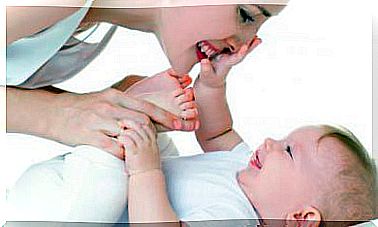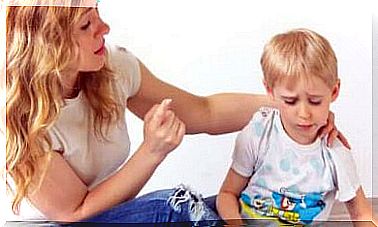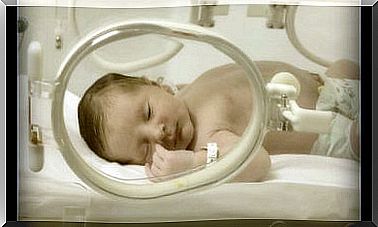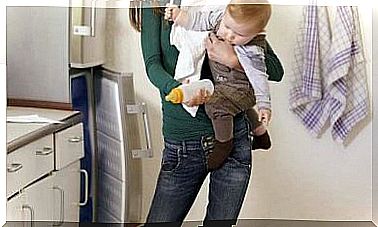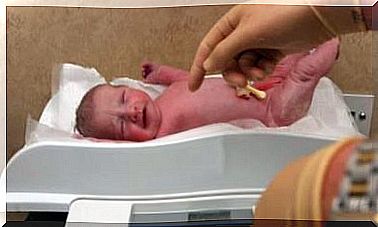Career Options That Harm Pregnancy
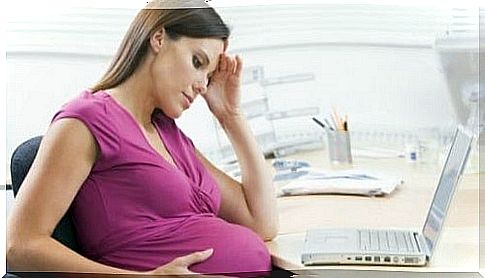
It is increasingly common that many women do heavy work or pose a risk to their health, these are even more risky when she is pregnant. Likewise, in some cases the risks of certain work on mother and baby are unknown, so we may end up recklessly exposing our children to risks without having a clue.
The main measure is not to leave work permanently, but at least adapt our profession, thus avoiding unwanted exposure to potentially harmful situations. At this point it is best to seek advice from a specialist early in pregnancy to start managing it from the beginning.
While most jobs are suitable for any pregnant woman, some risks may still be unknown. Therefore, the ideal is that you ask for a risk assessment in your company, which must be carried out by the employer.
Next, we recommend that you avoid situations in the professional and domestic spheres that could harm the pregnancy, so we have created a list with indications from a specialist in occupational medicine.
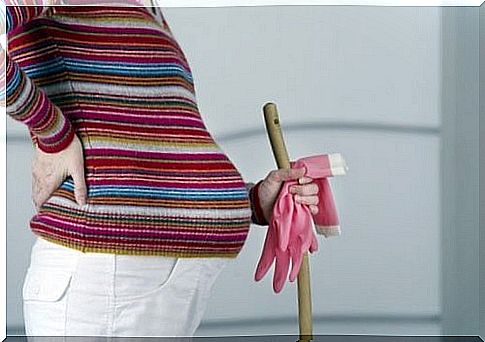
Main risks for pregnant women according to profession
Nowadays the professions are of a huge variety, so maybe there are already exclusive jobs for women. However, the risk is not always in the work itself, but in some specific situations or in the administration of certain products.
On the other hand, there are some methods that harm pregnancy when they directly affect its natural development, that is, the real risk is represented by handling certain toxic products or exposure to them. Some behaviors or physical exertion are also dangerous.
Noise, vibration or impact can also be harmful to both mother and baby. Likewise, they can influence the development of pregnancy, stressful situations, long and complex shifts, jobs that cause mental fatigue, exposure to viruses or various environmental factors.
According to occupational medicine specialists, these are the main occupational risks and their impact on pregnancy.

1. Exposure to ionizing radiation
They are those present especially in gamma and X rays used to perform medical examinations. Exposure to this radiation is risky for medical workers and particularly for the baby in the first trimester of pregnancy.
A small dose in a pregnant woman’s abdomen can lead to the loss of the baby, especially in the first 12 weeks of pregnancy. In longer pregnancies they can also damage the baby’s senses and nervous system.
2. Exposure to extreme temperatures
A pregnancy can be affected by both heat and extreme cold. In the case of jobs that involve permanent exposure to temperatures above 36ºC or below 0ºC, a pregnant woman runs the risk of dehydration or miscarriage.
Work done in unventilated places, in industrial facilities or laundries, can affect pregnancy due to extreme heat, which can also affect breastfeeding.
3. Handling of chemicals
Not all chemicals are dangerous for pregnant women, so it is important to be aware of warning signs on labels. Those that indicate a risk of cancer are dangerous, those that contain expressions such as “R-40”, “R-46”, “R-61”, “R-63” or “R-64” that warn about the harmful effects for the baby.
In some cases, this is not a job specifically in the chemical sector, women also take risks in places such as hairdressers, laboratories, farms or craft workshops.
4. Postures exceeded
This is a particular condition of pregnant women, because even though it is not heavy work, they can be harmful due to the physiological changes that take place at this stage.
Staying upright for a period longer than three hours or if you need to stay on your knees can impair abdominal development, cause extreme tiredness or help the appearance of varicose veins. Inappropriate postures are more risky in pregnancies that exceed eighteen months.
5. Load heavy packages
It is of great concern in advanced pregnancies and can cause severe back injuries. Keep in mind that lifting heavy loads should not exceed 5 kg more than four times in an eight hour period.
It is most harmful when the gestation period is longer than twenty-six weeks; another hostile factor is the position in which the weight is lifted, for example, when it is not well supported or is lifted away from the body.


